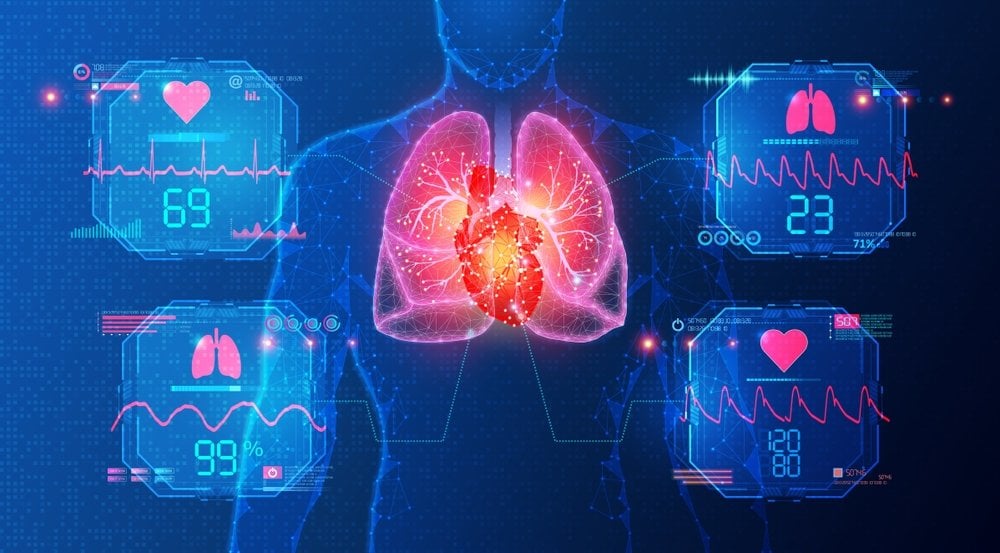 If the human genetics community needed someone to rally the troops, Bill Gates ably fills the role. In a speech and wide-ranging Q&A session at the annual meeting of the American Society of Human Genetics in Orlando on Wednesday, Gates addressed some 7,000 human geneticists on global health and science education. He was joined by National Institutes of Health Director Francis Collins; together they represent two of the biggest sources of health research funding in the world.
If the human genetics community needed someone to rally the troops, Bill Gates ably fills the role. In a speech and wide-ranging Q&A session at the annual meeting of the American Society of Human Genetics in Orlando on Wednesday, Gates addressed some 7,000 human geneticists on global health and science education. He was joined by National Institutes of Health Director Francis Collins; together they represent two of the biggest sources of health research funding in the world.
Gates admits that an organic chemistry class landed him “the worst grade I ever got,” but nonetheless he went toe-to-toe with the genetics experts, challenging them to innovate. “The progress in global health really has been quite phenomenal,” he said, but made clear there’s still much more to do.
One example: several years of efforts, including a significant push from the Bill and Melinda Gates Foundation, has halved the rate of children who die before the age of 5. But Gates aims to halve it again by 2030. He said nearly half of current deaths in that age range occur in the first 30 days of life, but right now nobody knows what’s causing those deaths, except that preterm birth is a major contributor. Genetic studies of preterm births have led to new theories to test, including the effectiveness of selenium supplements and probiotics to keep the microbiome healthy.
As another area of opportunity, Gates cited the genome editing tool CRISPR and so-called gene drives as a possible means of reducing the burden of malaria. Already, labs have shown success editing mosquito genes so the insects are more likely to produce male offspring, which don’t carry the infection; in the future, Gates hopes gene editing can keep mosquitoes healthy and viable while preventing them from playing host to the malaria pathogen. Field trials for this kind of approach could happen as soon as the next five years, he said. Vaccines are also much-needed to overcome the still-disastrous toll of tuberculosis and HIV. “We need an immense amount of innovation,” he said, suggesting that in vaccines progress could come both from faster development and production as well as finding new biological mechanisms that can offer protection.
Responding to a question from Collins about what he sees as the greatest biological threat, Gates said that the way people move around today—far more freely than a century ago at the time of the deadly Spanish flu epidemic—could make a pandemic far more dangerous and fast-spreading than ever before. “I do feel that the world is quite underprepared for that,” he said, and noted that improvements in rapid diagnostics and near-immediate vaccine development would be essential to address such a situation. He also said a universal flu vaccine, which he sees as a worthy goal, would do a lot to reduce the chances of such a pandemic.
While more widely recognized for its global health work, the Gates Foundation also has programs to improve the quality of education in the U.S. Its progress in global health has exceeded their hopes, Gates said, but education numbers here at home have not moved. In some cases, quality has even dropped. He touted more personalized, interactive approaches to teaching science and math as promising paths for improvement. “Our high schools are currently making math and science sort of forbidding subjects,” Gates said.
Despite so many challenges, optimism was a running theme throughout his comments. Whether it’s applying new insight from studying the microbiome, using genetics to power vaccine development, or finding new interventions to prevent the rise of non-communicable chronic diseases, Gates repeatedly found reasons to be optimistic. “I think we’ll find inspirations all over the world,” he said.
An Optimistic Gates Sees Promise in Genetics
At the annual meeting of the American Society of Human Genetics, Bill Gates told 7,000 geneticists that the world needs them to up the pace of innovation in order to solve our most pressing health challenges. Early childhood death, malaria, and pandemics are all dangers that may be mitigated by progress in this realm, he said, showing his characteristic optimism.


















